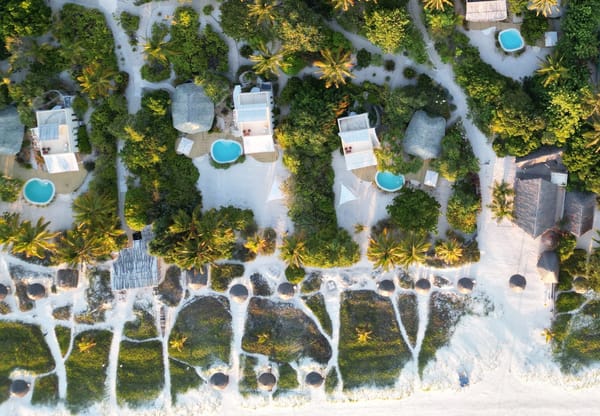Booths Be Gone Art Basel Qatar Reinvents the Fair
Art Basel Qatar redefines the art fair with a curated, concept-driven format led by Wael Shawky in Doha’s vibrant Design District.
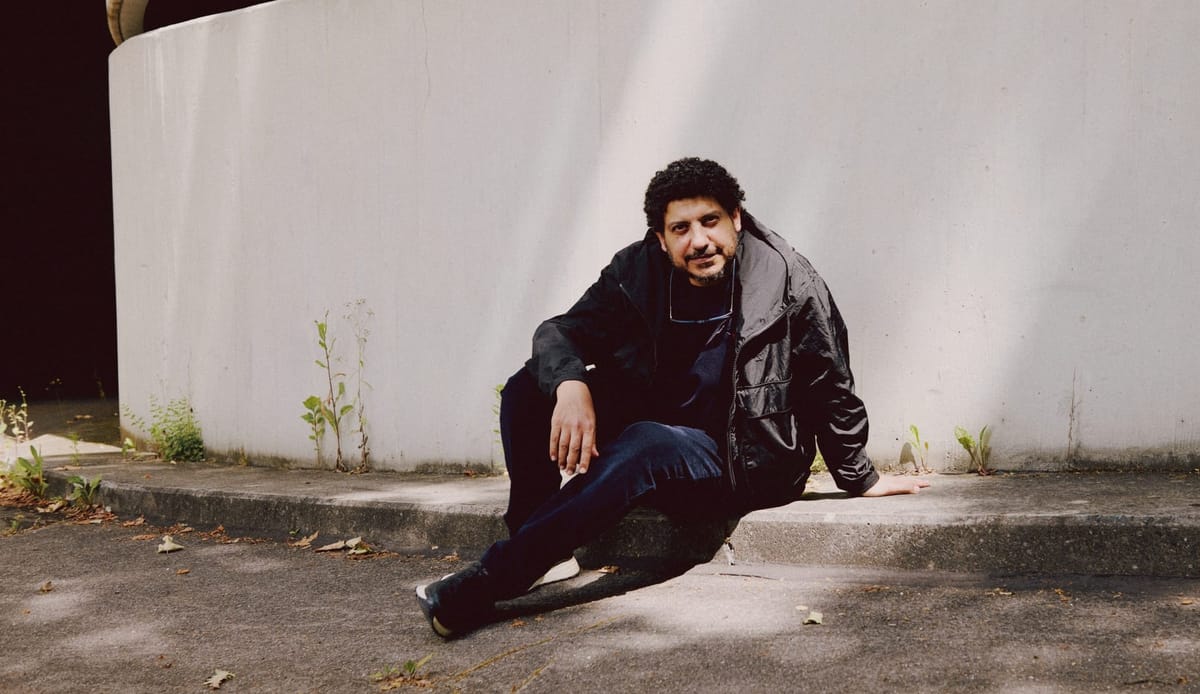
In a move set to redefine the global art fair landscape, Art Basel is preparing to unveil its first edition in Qatar this coming February 2026.
But this is not simply an extension of its existing brand. Art Basel Qatar will mark a conceptual departure from the traditional fair format, introducing an experience more akin to a curated biennial than a commercial showcase.
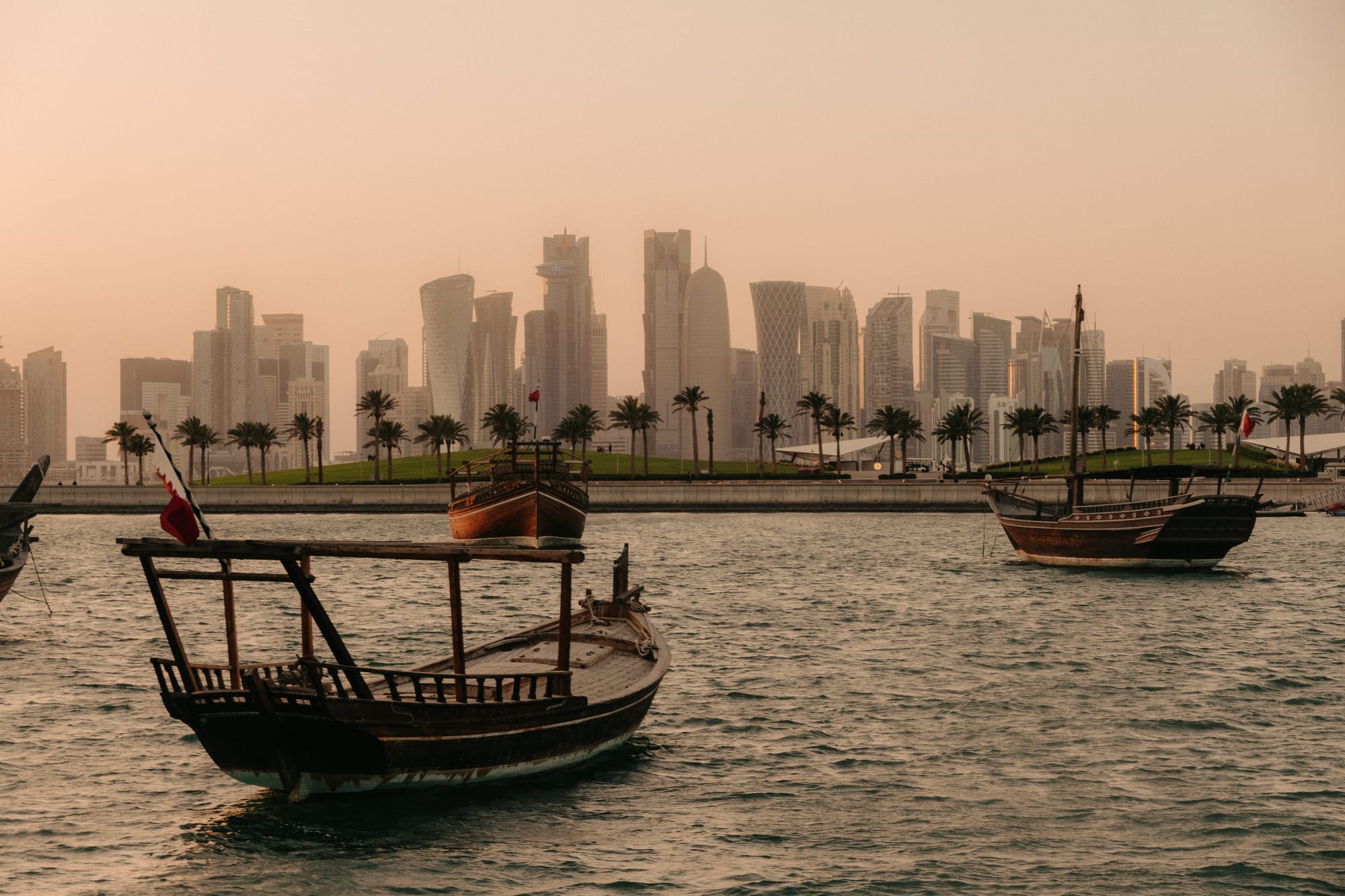
The fair will take place at M7, Doha’s striking creative complex at the heart of the Doha Design District, from 5 to 7 February, with invitation-only previews on 3 and 4 February.
For its debut, Art Basel has done away with the standard grid of booths and white walls. Instead, it will present a series of curated solo presentations, responding to a unifying theme and interwoven across venues in M7, the Design District, and public spaces in Msheireb, Doha’s revitalised heritage quarter.
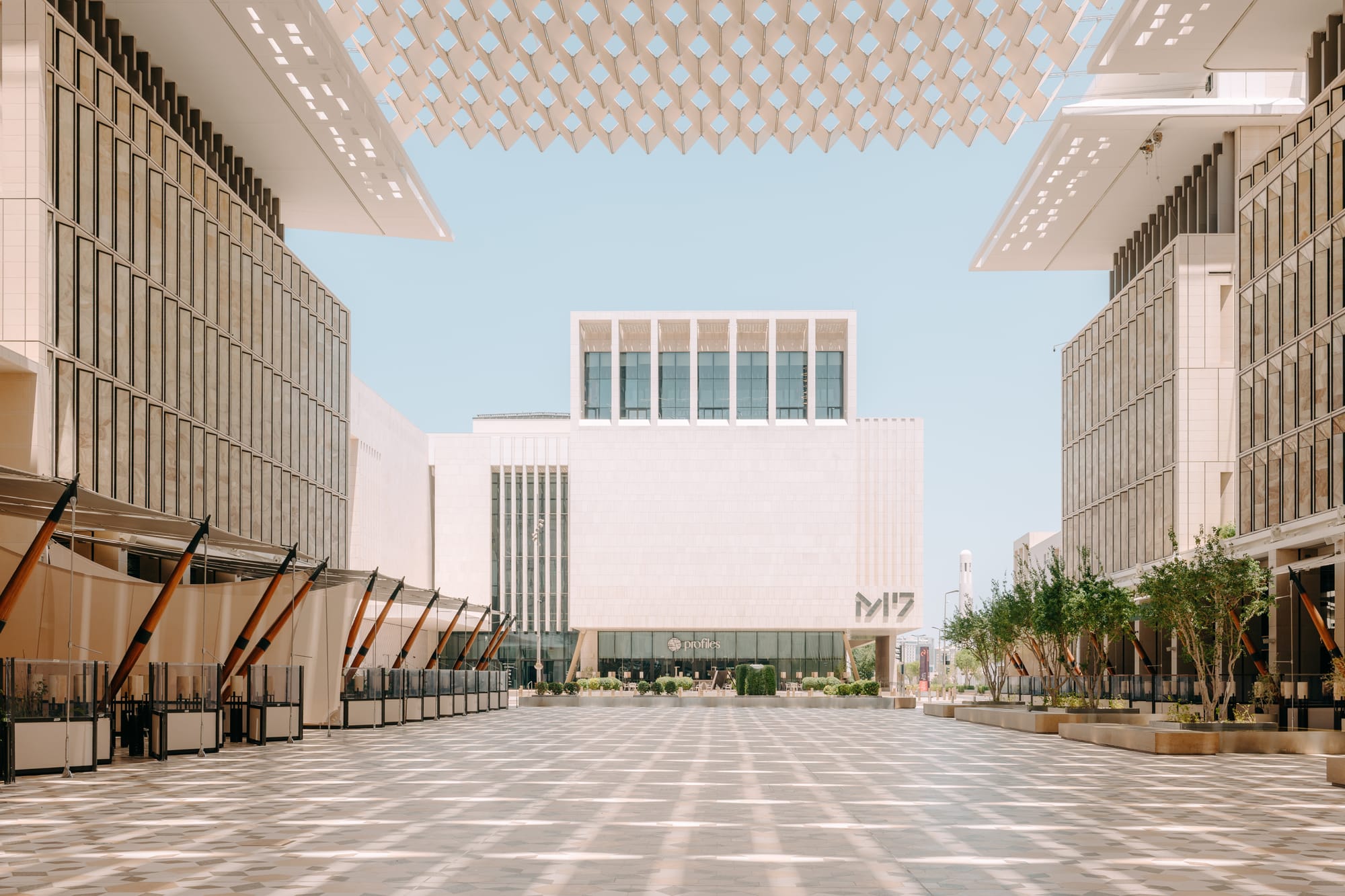
This reimagined format is as much about artistic dialogue as it is about market relevance; a statement of intent that reflects the shifting role of global art fairs in the cultural ecosystem.
At the creative helm is the Egyptian-born, internationally acclaimed artist Wael Shawky, appointed as the fair’s Artistic Director.
Known for his richly layered practice spanning video, performance, and storytelling, Shawky is a singular figure, a visual philosopher whose work often probes the complexities of historical narrative, identity, and transformation.
His appointment signals a deep commitment to intellectual and cultural substance.
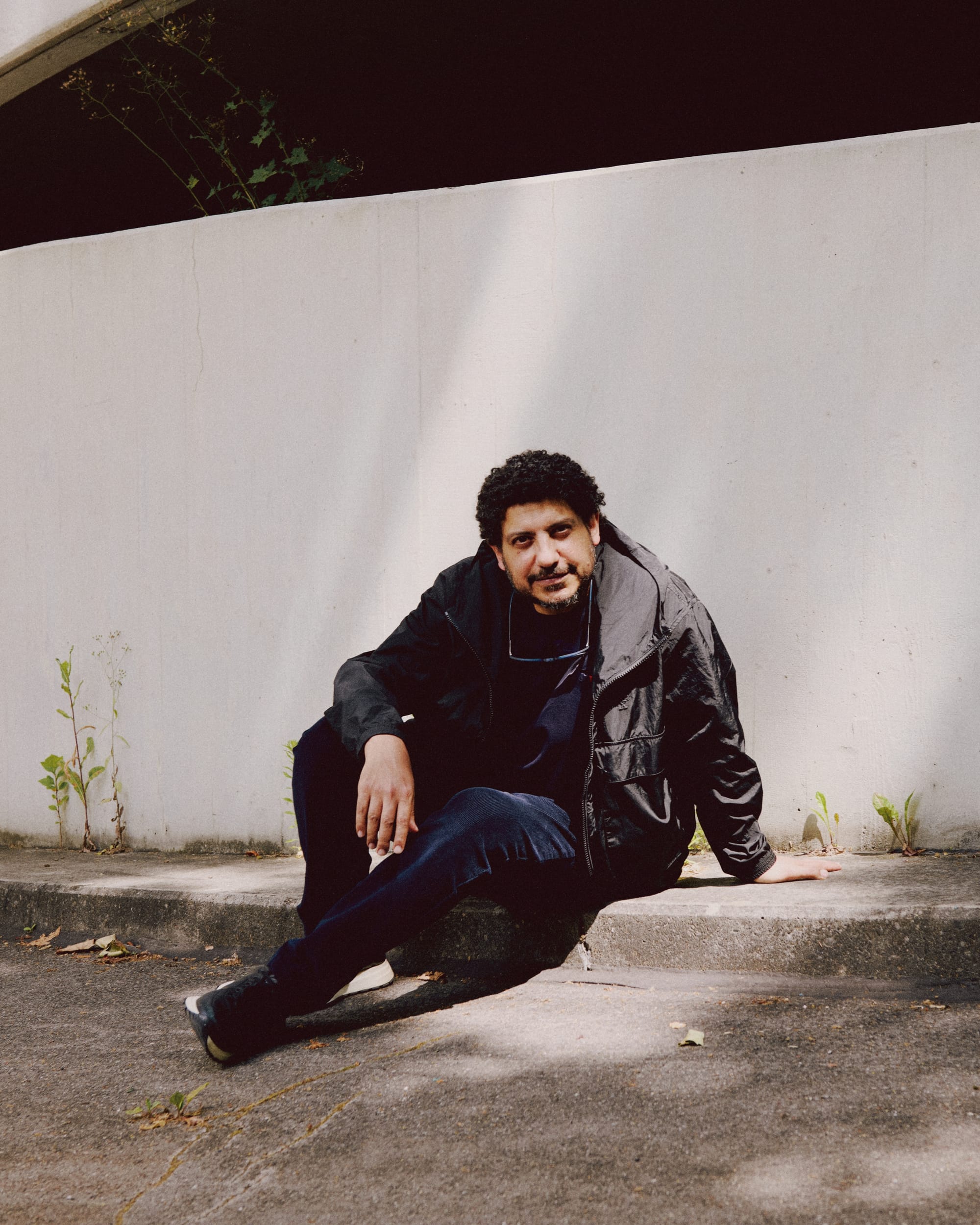
He will be working alongside Vincenzo de Bellis, Art Basel’s Chief Artistic Officer and Global Director of Fairs, to develop the fair’s conceptual framework and lead the gallery selection process, supported by an international committee of respected gallerists.
At the core of the 2026 edition is the theme ‘Becoming’; an elegant, open-ended concept exploring transformation in all its forms: cultural, spiritual, and technological.
The Gulf, as both setting and symbol, plays a central role here. Long a crossroads of civilisations, today it is a space where oral traditions and digital networks, ritual and innovation converge. In this context, art becomes not just a product but a process of inquiry; a means of mapping change and reframing identity.
While the fair will certainly attract the region’s collectors and global curators alike, the intent is clear: Art Basel Qatar is about depth. It is a place to see artists' practices in a fuller dimension, freed from the constraints of transactional display.

Shawky is particularly well-positioned to bring this vision to life. Fresh from representing Egypt at the 60th Venice Biennale with his evocative video work Drama 1882, he brings both international credibility and deep regional knowledge.
His CV is enviable, with solo shows at Tate Modern, MoMA PS1, Kunsthaus Bregenz, Serpentine Gallery, and Mathaf, yet his commitment to fostering emerging voices is equally significant.
In 2010, Shawky founded MASS Alexandria, a pioneering studio programme for young artists. More recently, he took on the role of Artistic Director at the Doha Fire Station, where he launched the Arts Intensive Study Program (AISP), a year-long initiative cultivating research-based practice and professional development among emerging Qatari and international artists.
The fair’s Selection Committee brings together some of the most respected figures in the international gallery scene, each contributing a distinct perspective and curatorial voice.
Among them are Lorenzo Fiaschi of Galleria Continua, Shireen Gandhy of Chemould Prescott Road, Daniela Gareh of White Cube, Mohammed Hafiz of Athr Gallery, Sunny Rahbar of The Third Line, and Gordon VeneKlasen of Michael Werner Gallery.
Collectively, their expertise ensures that the fair maintains a dynamic yet rigorous standard, shaping a platform that favours depth over spectacle, and curatorial integrity over commercial gloss.
With its measured pacing, intellectual depth, and ambitious scope, Art Basel Qatar is poised to rewrite the rules entirely, placing artistic intention at the centre and transforming Doha into a site of serious cultural reckoning.
In an increasingly saturated global art calendar, this is one to watch. Not simply because of where it is, but because of what it dares to be.





